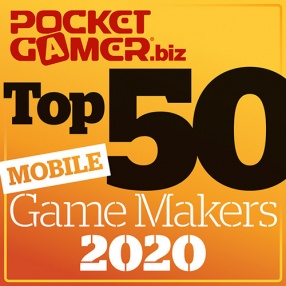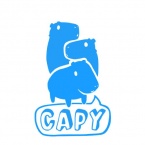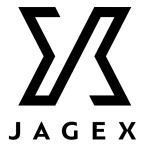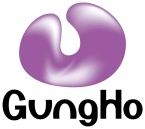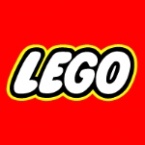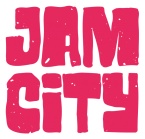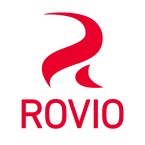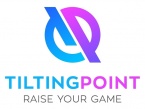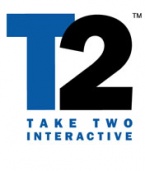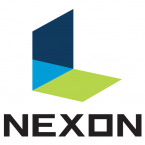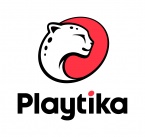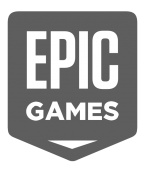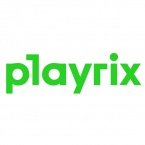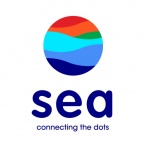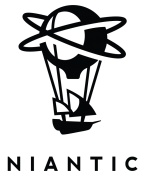Our Top 50 Mobile Game Makers list is now in its 11th year, and what a year it's been already.
2020 will be remembered for a lot of things, but in the mobile games industry, it will likely be remembered for the continued growth of hypercasual as a genre, some impressively large acquisitions, and a string of battles waged across and about the app stores.
We've seen Apple Arcade offer a new avenue for premium mobile developers, while free-to-play revenues have surged thanks to people spending more time at home. And we've seen streaming services start kicking into high gear, with Stadia and xCloud battling it out on smaller screens with console titles.
It's been tough picking out the developers we consider to be "the best" amongst all the chaos of 2020. It's been a difficult year, and it isn't getting any easier. Realistically, every company still hanging on deserves recognition of some kind.
Time to celebrate
Still, we want to take the time to celebrate the best game makers in the industry, and so once again consider our Top 50. There's a lot to take into account - revenues, quality of games - but perhaps the most important metric for this edition is potential.
We want to celebrate the developers making the big moves in the market, the ones who are investing heavily in their future and have exciting prospects on the horizon.
Maybe that's an upcoming game currently in soft launch, or perhaps it's an intriguing acquisition that set tongues wagging at the time. Whatever the case, bold actions and impressive growth has been the key to success in this year's Top 50.
We've also made a super nice downloadable brochure of all this year's winners. You can download that here.
Click here to view the list »

